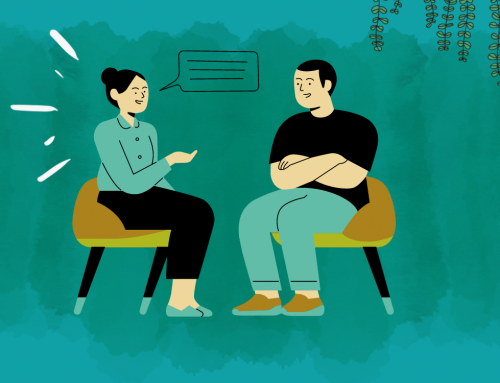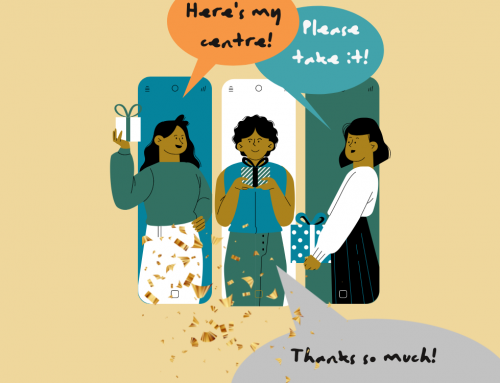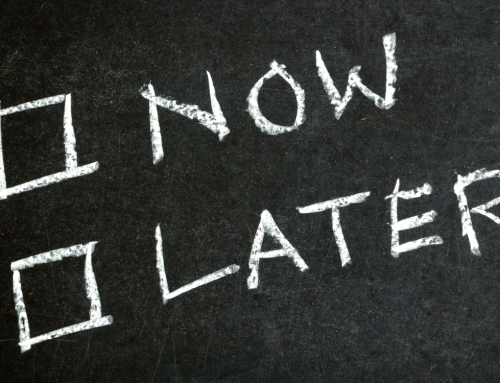“Patience is a conquering virtue.” – Geoffrey Chaucer
Bullshit.
Only two things in life are certain: birth and death. The rest is variable. There’s no master plan for every person. There’s no invisible hand guiding your every step. And the world is not responsible for your well-being (no matter how much your parents led you to believe otherwise).
How much you do, how full your life becomes, and where you end up at the end of the day is all pretty much up to you.
Impatience is a Virtue
Patience means waiting around for other people to act. It means stepping aside so other people can make decisions, set an agenda, figure out what they want. It means accepting a lesser outcome, living with a worse result, not achieving everything you can.
Patience is an excuse to not be responsible for what happens because you’re outsourcing decision-making to someone else. If patience were a posture, it’d be a crouch, hiding underneath a table, hoping no one notices.
Impatience, on the other hand, means setting your own course. It means trying as many avenues as possible to get something done, even if it pisses people off. It means trying out new ideas, new approaches, new intellectual frameworks to increase your odds of making something happen.
Sure, it means you’re out there more, so the risk of failure grows – someone could even laugh at you (or, god forbid, mock you on Twitter). So what?
It Pays Not to Wait Around
Look at any successful entrepreneur -no matter how much zen they try to exude, they got to where they are precisely because they were impatient. They weren’t willing to wait around, they weren’t willing to let someone else set the agenda, they weren’t willing to see what happens. And by being impatient – by not letting things take their own course – they made things happen.
Impatience isn’t just a virtue in business either. Impatience means checking in with the people you care about, letting them know how you feel, making plans. It means eliminating doubt and confusion by forcing communication (even if it’s unpleasant at first).
Study after study show that people gain far more happiness from experiences than from material purchases. Impatience means you’re creating action and activities for yourself, your friends, your family. By doing so, you’re creating experiences – and that creates happiness.
Are there occasions where patience can be a virtue? Sure. When my kids are getting ready for school, the time between when they’re mostly dressed and the time they put on their socks, shoes and jacket is an eternity. Patience helps then. And sometimes in negotiations, letting people come to you is a useful tactic. But even then, passivity rarely causes things break your way.
If, as Branch Rickey once said, luck is the residue of design, then the more you do, the luckier you’ll be. That’s the product of impatience.
Impatience is the difference between a life well lived and a life left wanting.
When someone tells you to be patient, odds are, they’re telling you to fall in line with what’s best for them.
Impatience is a virtue. Don’t let anyone tell you otherwise.








